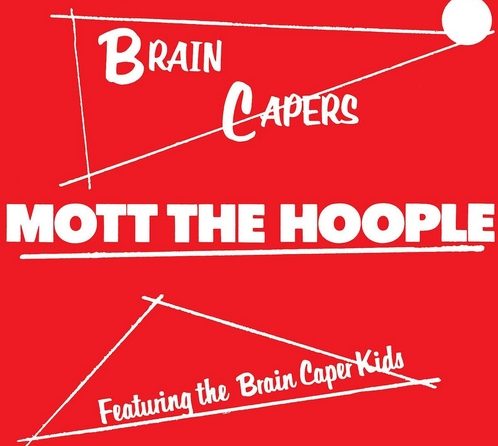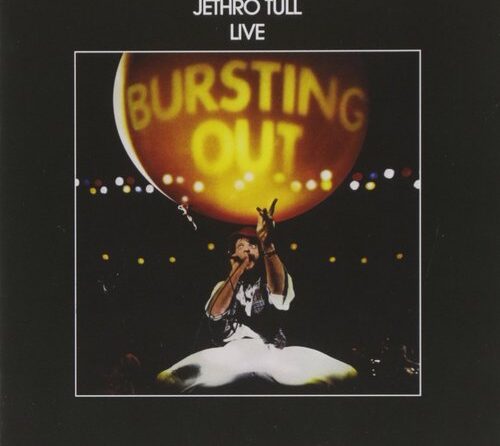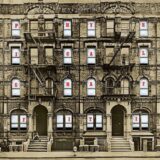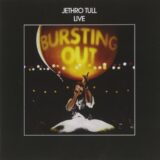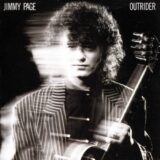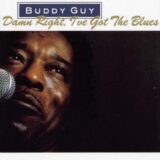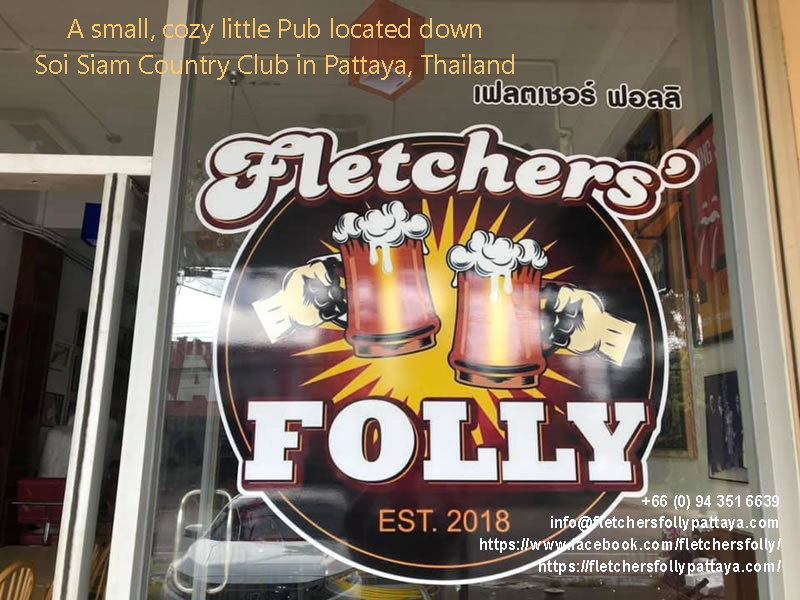5 stars
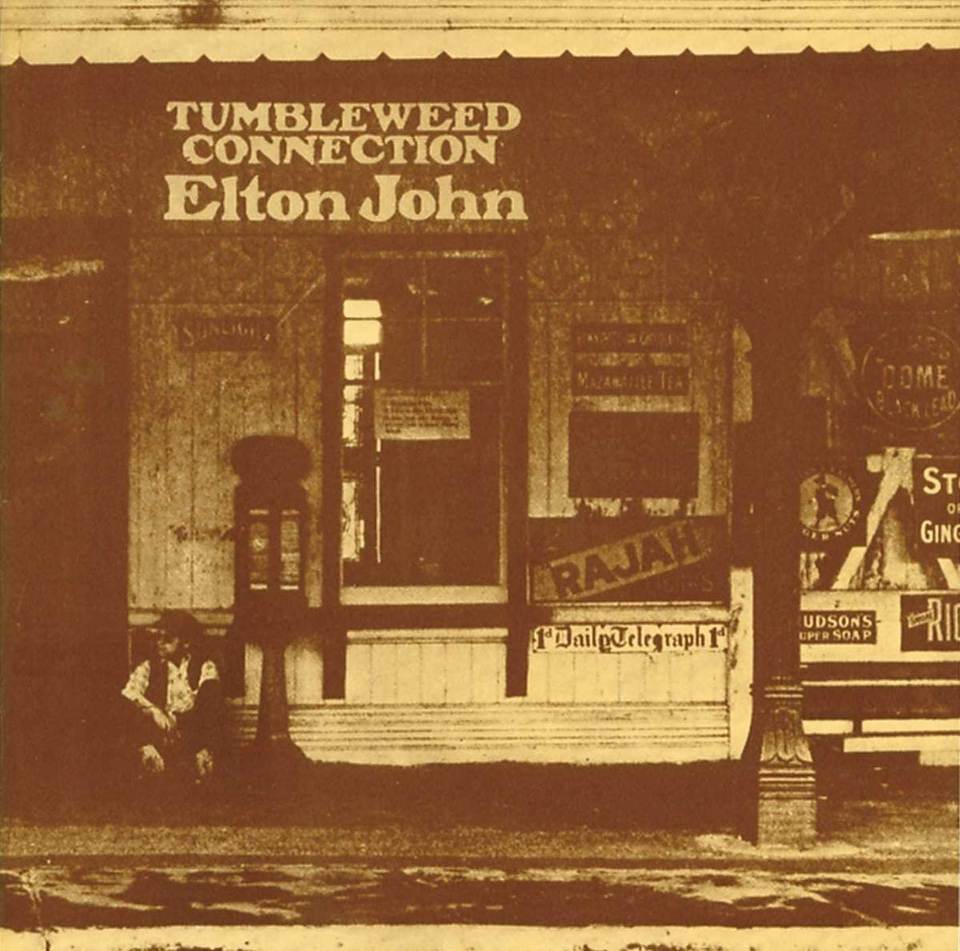
Audio CD (paid link)
Surprisingly, there were no singles taken from this collection which started off Elton John’s wondrous journey into superstardom that was to spiral out of control. But for now, the next four studio albums, Madman Across The Water 1971, Honky Chateau 1972, Don’t shoot me I’m only the Piano Player 1973, and the double Goodbye Yellow Brick Road 1973, were all landmark albums in the world of rock. There were, of course, many more to follow.
Back in 1970, “Tumbleweed Connection” was the first time a road band as such had been used in the studio, making it more the Elton John Band rather than just Elton on his own. Nigel Olsson, at the time still a member of British heavy rockers Uriah Heep, had been offered the drum stool and seeing the potential in Elton John, he made the job his own. He was joined by the amazing Dee Murray on bass, and the job that would soon be filled by Davey Johnstone was done by Caleb Quaye of label mates Hookfoot for these sessions. It really was a case of everything being in place for world domination.
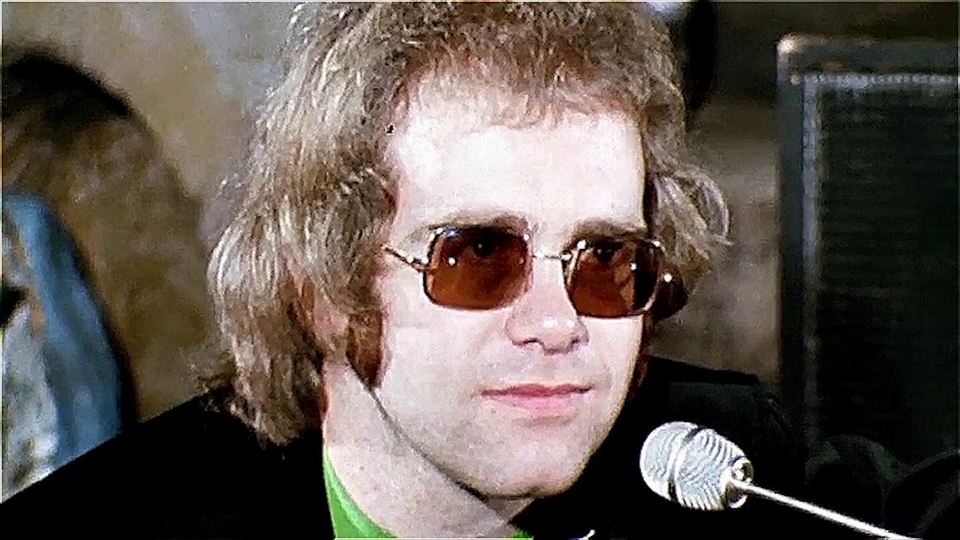
The album opens up with the blues rock ‘Ballad of a Well-Known Gun,’ the story of a gunslinger reaching the end of the road. From there on out you are taken on a wonderful musical journey through the album’s original ten songs, with a recurring American wild west theme.
For more Classic Rock, click here
At all times the musicianship and songwriting are faultless, with Elton putting every ounce of emotion into Bernie Taupin’s lyrics. The production by Gus Dudgeon was to set standards for years to come, and Paul Buckmaster’s arrangements of the musical scores, both with band and strings, are nothing short of perfection, whether on epics like ‘Burn Down The Mission’ (an amazing live version, which was laid down with just piano, bass, and drums on the band’s live album 17.11.70, where you can actually hear Elton kick his piano stool away in the excitement), or on the tender ‘Love Song.’ This latter number, the only track on the album not written by the John/Taupin partnership, is a beautiful Lesley Duncan song on which Lesley also sings backing vocals.
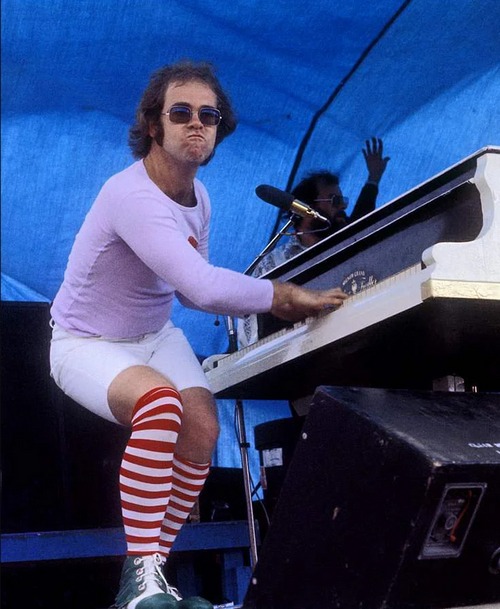
rocker at heart.
But it is when Elton sits at the piano alone to regale us with “Talking Old Soldiers” that his talent really stands out. This story of an old warrior looking back on his youth whilst addressing a group of youngsters is a shot straight at the heart.
For news on concerts and live recordings, past and present, click here
But the real treat is left till last. There are two bonus tracks added onto the original release, making the very last track on the album the original recording of the next album’s title track, “Mad Man Across the Water” featuring Mick Ronson on lead guitar. It is a completely guitar based version clocking in at nearly nine minutes, with the piano-bass-drum format used as a rhythm section whilst Ronson lays down some rip-roaring lead axe. He dominates this song in the same way he did on David Bowie’s ‘Moonage Day Dream,’ which he made his own. The price of the album is worth it for this song alone.
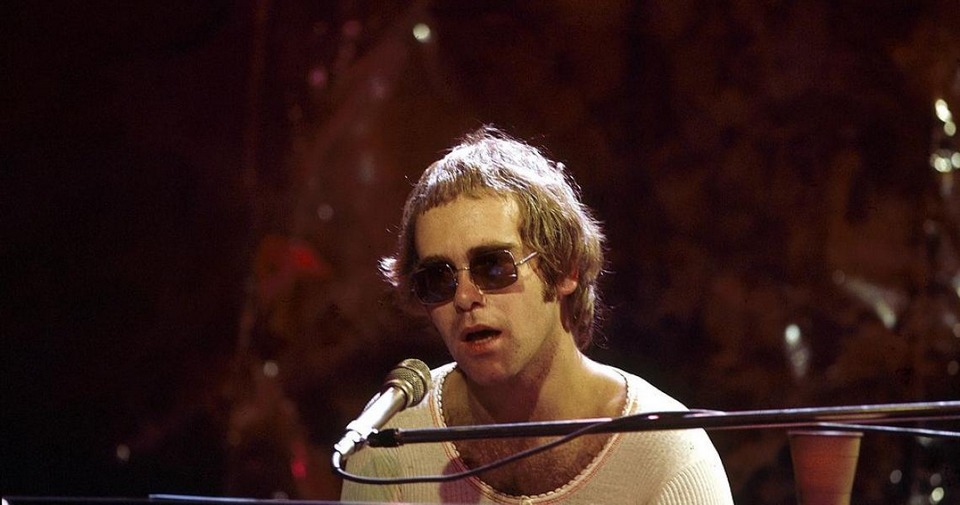
Musicians:
Elton John – keyboards & vocals
Bernie Taupin – lyrics
Paul Buckmaster – arranger
Gus Dudgeon – producer
Robin Geoffrey Cable – engineer
Nigel Olsson – drums and backing vocals
Lesley Duncan – backing vocals and composer of “Love Song’
Caleb Quaye – lead and acoustic guitars
Dee Murray – bass and backing vocals
Dave Glover – bass guitar
Ian Duck – harmonica
Roger Pope – drums and percussion
Track List:
Come Down in Time
Country Comfort
Son of Your Father
My Father’s Gun
Where to now St. Peter?
Love Song
Amoreena
Burn Down the Mission
Into the Old Man’s Shoes
Mad Man Across the Water (Original Version)
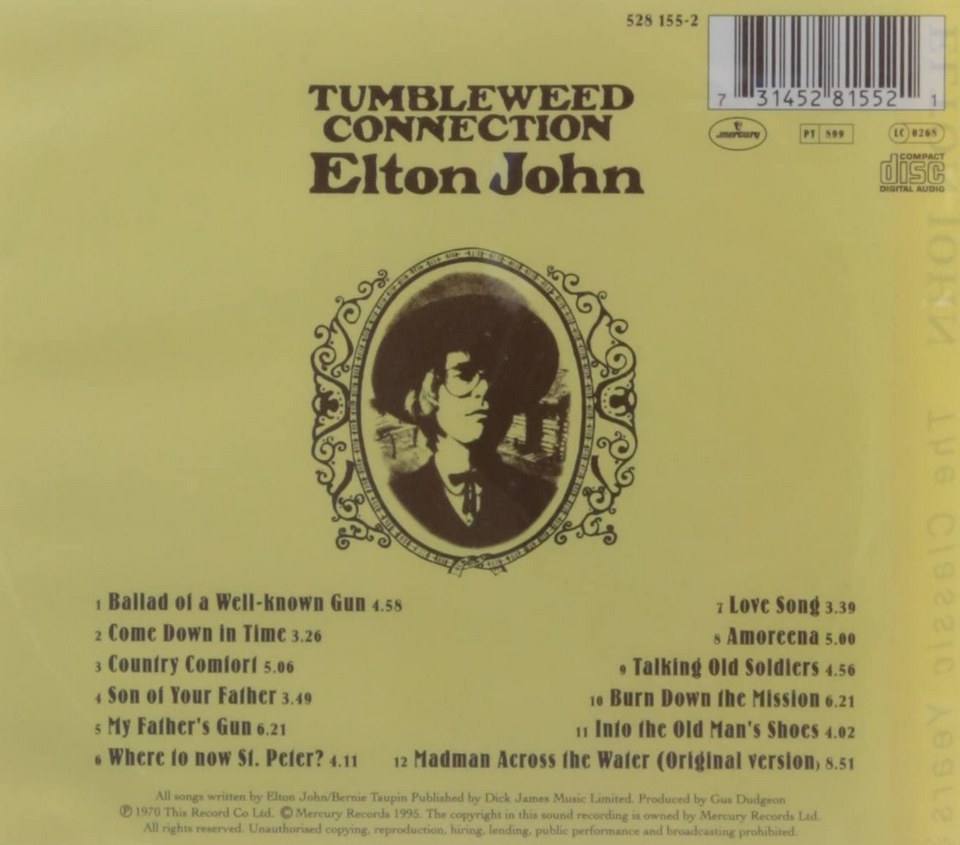
Note: This review was pawed by Mott the Dog
Remember to visit and subscribe to Mott’s Facebook page: https://www.facebook.com/groups/1003417143122919/


